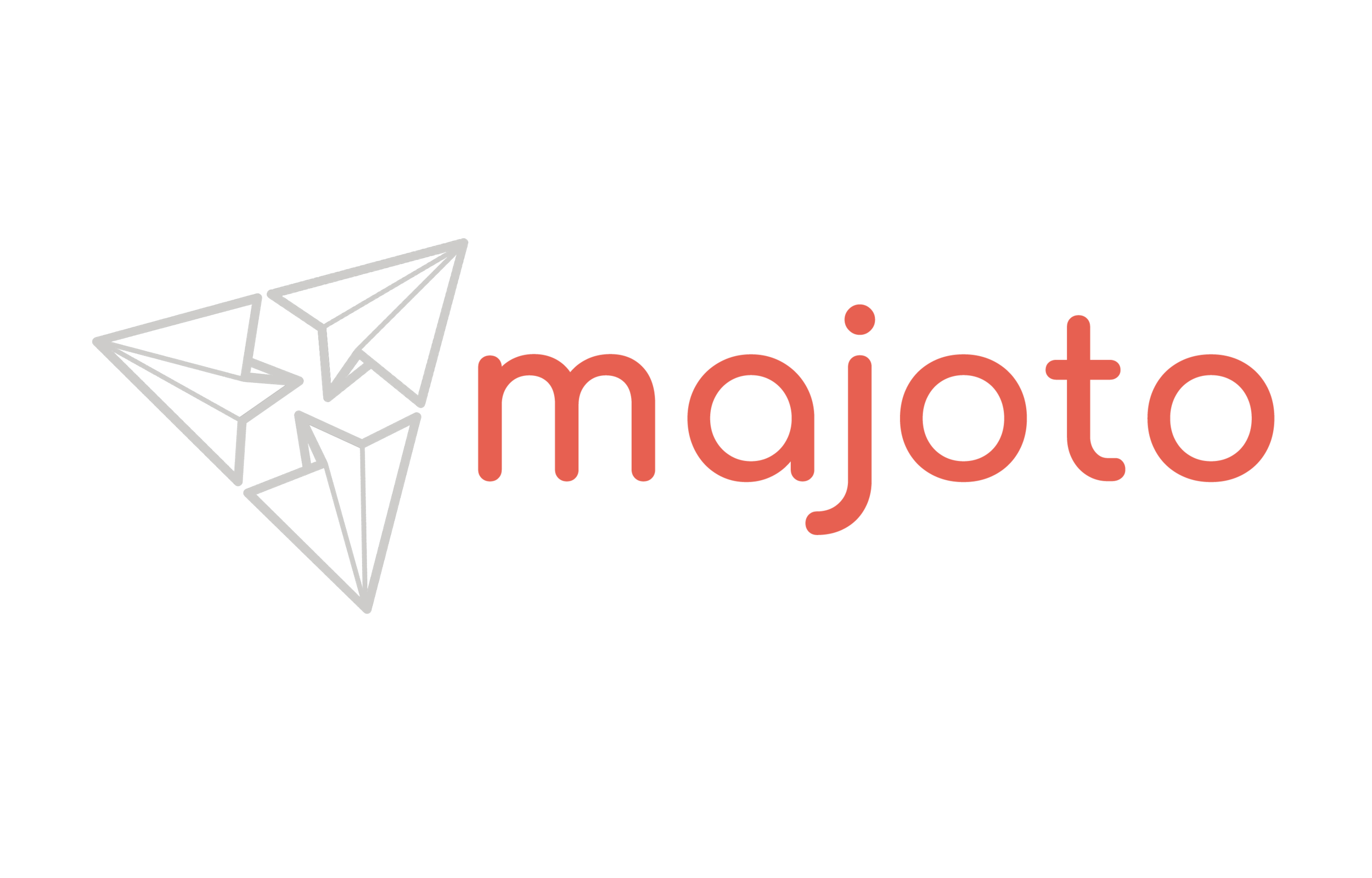Your business is growing. You’re signing up larger customers and your pipeline is filling up. Good news.
But often this comes with bad news too: deals are too slow or even taking longer than before! The contracting process is taking up too much of your team’s time and energy. And you’re losing revenue opportunities as a result.
If that sounds familiar, that’s because contracting frictions are a common issue faced by SaaS businesses as they mature.
What is going wrong?
If your deal-making process is not working as well as it should, one or more of these things might be happening:
Problem #1: Your terms of business, which you frankensteined off the web when you first started, are not fit for purpose. They no longer reflect your product and business models. As a result your order form is crammed with exceptions, or you’re having to write entirely new bespoke contracts. Your sales team don’t like the legals and leave them to the end, which means red flags don’t get picked up early, creating delays at the last mile.
Problem #2: Your contracts are overly complex, unclear and one-sided. As a result, you’re fielding frequent queries from new customers, receiving detailed redlines, and spending an excessive amount of time negotiating the same issues over and over again.
Problem #3: Your terms of business are not enterprise-ready. Your legal documentation is not sophisticated enough for your new, larger, customer prospects. They don’t want to contract on your legals, and insist on their generic master services agreements instead. You end up in protracted negotiations to make those documents fit for purposes and acceptable for you.
So you’ve worked hard to make your product, brand and communications exciting and user-centric, and your sales team works hard to get deals over the line. But your contracts and deal-making process have not kept up. They create frictions, fail to support the sales process, and destroy trust.
The wrong way to fix it.
You could get your contracts updated by your lawyers. That might result in a better fit with your latest product and engagement models, and improve how you manage risk. But it will inevitably result in a longer, more complex document which won’t solve, and might exacerbate, your problems.
You might try to tune your contracting process. Perhaps get your sales team to share the legals earlier to get key issues surfaced. Perhaps reduce the turnaround time for responding to queries and redlines. But this will make an incremental difference at most. It won’t solve the core problems if your legal documentation is complex, unclear, and does not illicit trust.
The best way to fix it.
The single most impactful thing you can do, is change how you communicate through your contract: simplify the content, clarify the language, communicate consistently with your brand and your sales process, and put the user first (that means all users, especially your customers).
It’s called user-centric design. And yes, it’s as relevant to your legals as it is to your product. This is how we’ve solved these problems for our customers, using our unique user-centric design approach:
Case study 1
Manufacture 2030 is a sustainability SaaS platform for the world’s largest companies. M2030 found themselves negotiating on customer MSAs - resulting in some deal cycles lasting 12+ months (that’s problems 2 and 3). They needed to secure revenue faster and cope with a growing deal pipeline. We created new enterprise-ready terms of business for them, designed to work for the most demanding US enterprises. We built the contract around three common objectives, and used plain language and visual techniques to help customers understand the agreement. Customers trust the contract and often agree to work with M2030’s template rather than their MSAs - reducing average time to contract by 50-80%.
Case study 2
LoftyWorks is a property management SaaS. Their customer-facing terms of business were starting to create a lot of churn, queries and negotiations - that’s problems 1 and 2. As their business grew, Loftyworks needed to eliminate frictions when signing up new customers. Majoto redesigned their online legals, to make them simpler, clear and on-brand. You can see how they look here.
“We reduced queries by new customers by 90%, and reduced negotiations from 40% to zero.”
Case study 3
Dalza is an exciting new EdTech start-up, helping parents of SEND kids manage their education and support. Dalza wanted their terms of business and privacy notice to match their brand ethos, create trust with parents and help make the sign-up process easy. Majoto delivered. We’re also proud to have received the coveted 5-star rating from WorldCC for our design. See for yourself here and here.
“Wow, wow, wow, I just love these terms. ”
The single most impactful thing
If you’re seeing frictions in your sales process, get in touch to see how we can turn your wall-of-text legals into clear, frictionless, on-brand documents that your customers will understand and love. We believe it’s the single most impactful thing you can do to speed up deals and build customer trust.
A limited time offer
During January, we’re offering a free 45 minute consultation and benchmark report for your terms of business. Get in touch with us to see how your legals stack up and get expert input on your sales documents and process.






